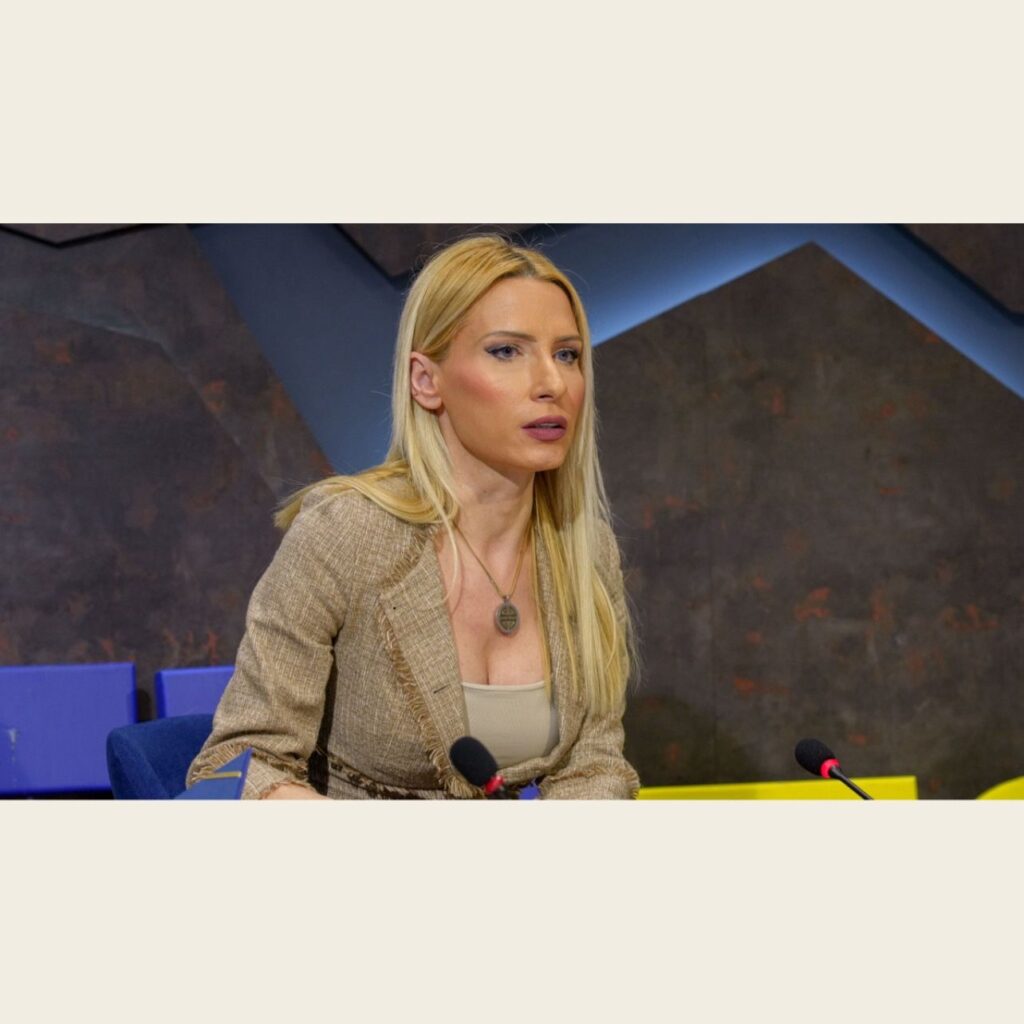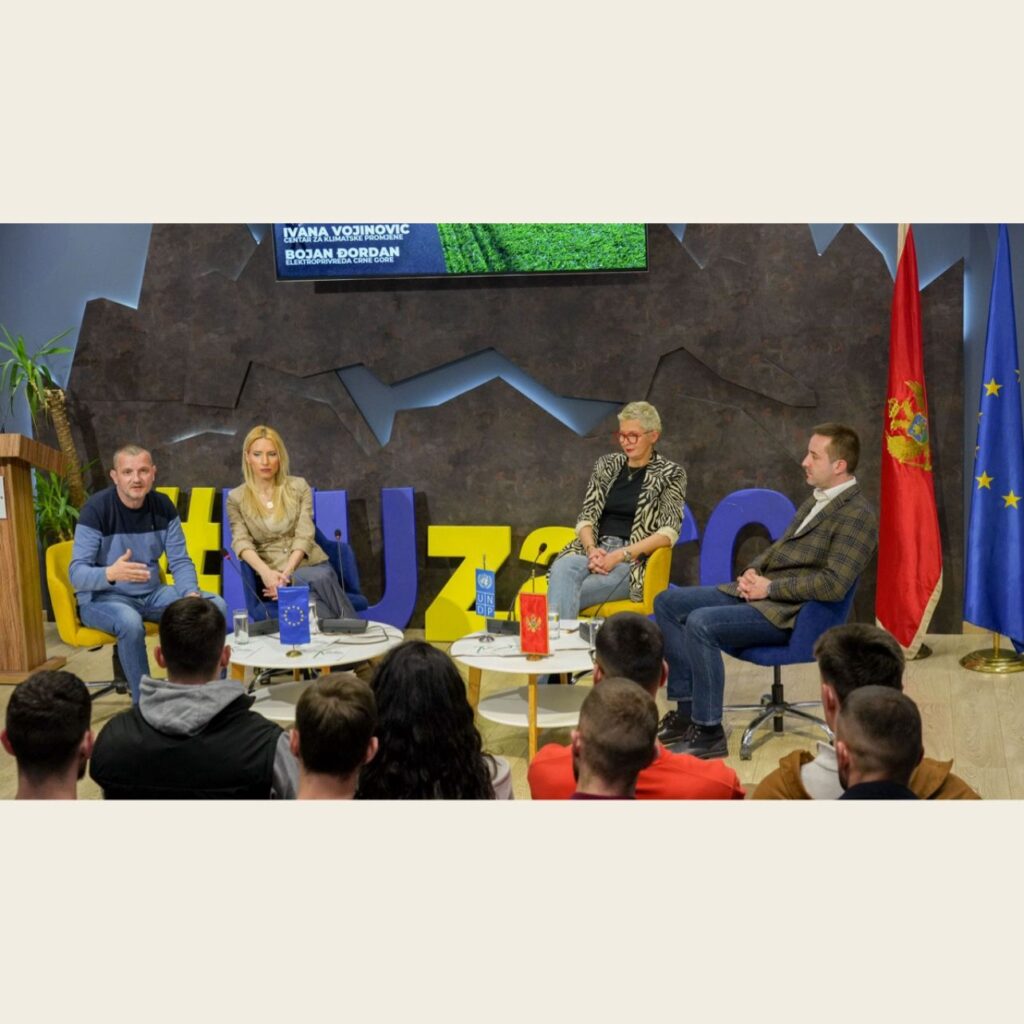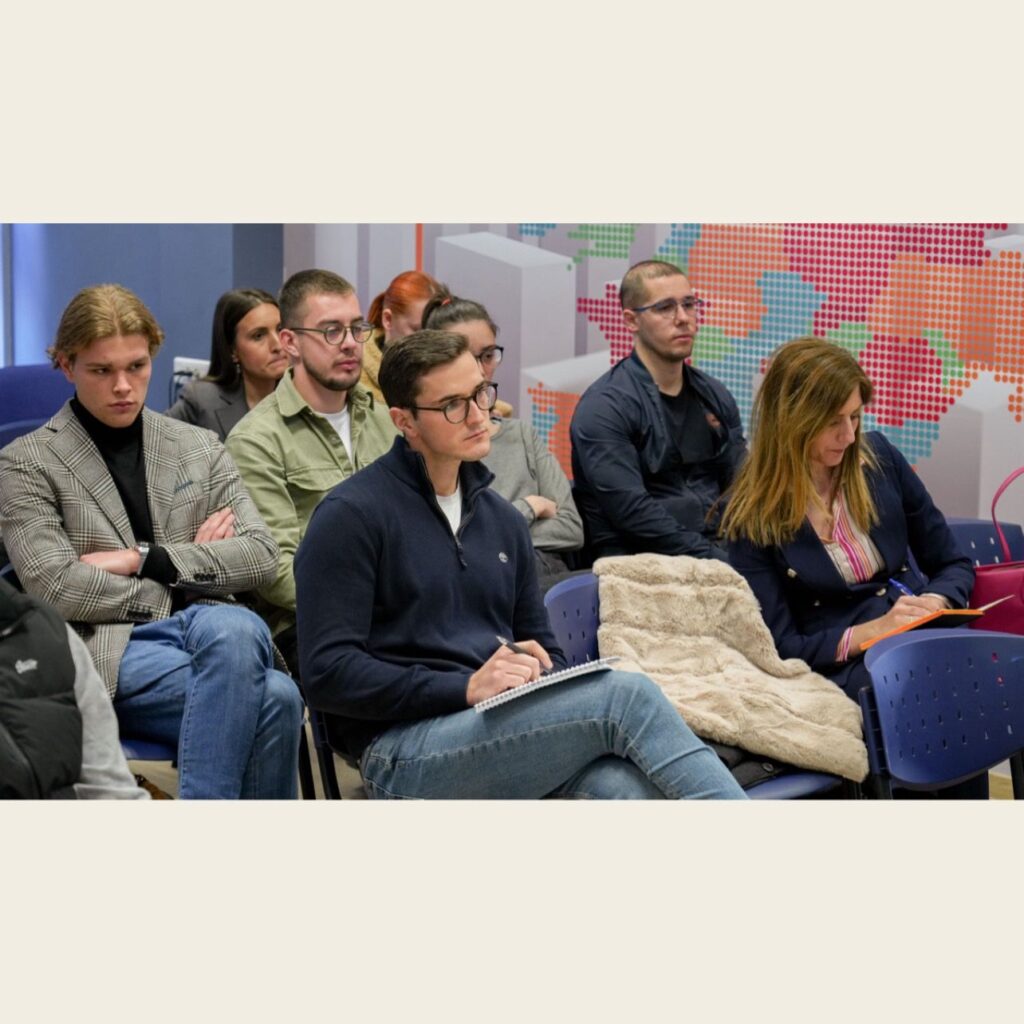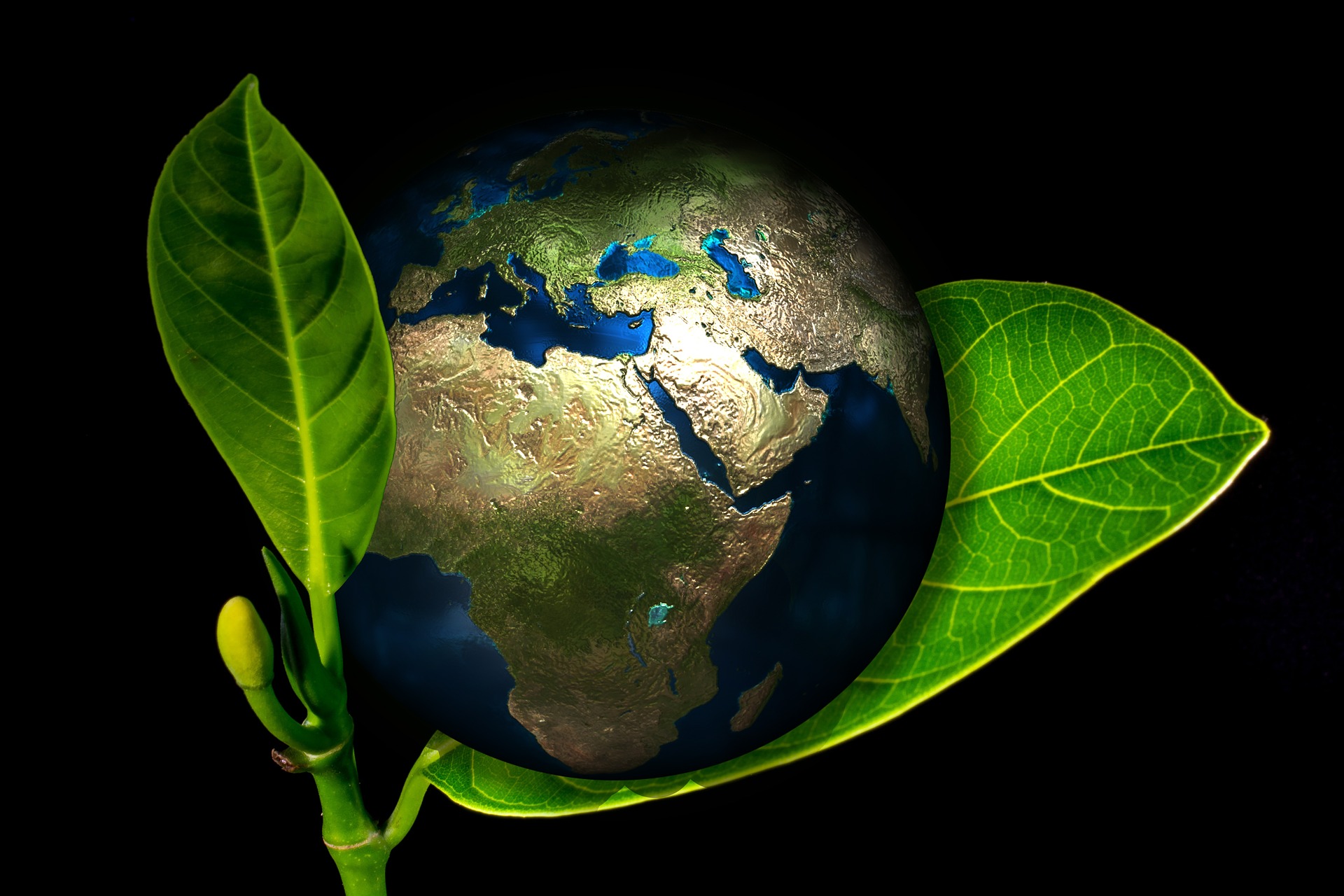“📺 Interview with the director of the Center for Climate Change at UDG, Dr. Ivana Vojinović, on the morning topic on the ‘Morning Program’ on TV Prva.”
Air Pollution in the municipalities of Bijelo Polje, Nikšić, Pljevlja, and Podgorica
🟢 Dr. Ivana Vojinović, Director of the Center for Climate Change at UDG, spoke at a Workshop for representatives of local and national institutions on the topic “Air Pollution in the municipalities of Bijelo Polje, Nikšić, Pljevlja, and Podgorica,” organized by the NGO Green Home as part of the project “Raising awareness about the impact of heating on air pollution, climate change, and health.”
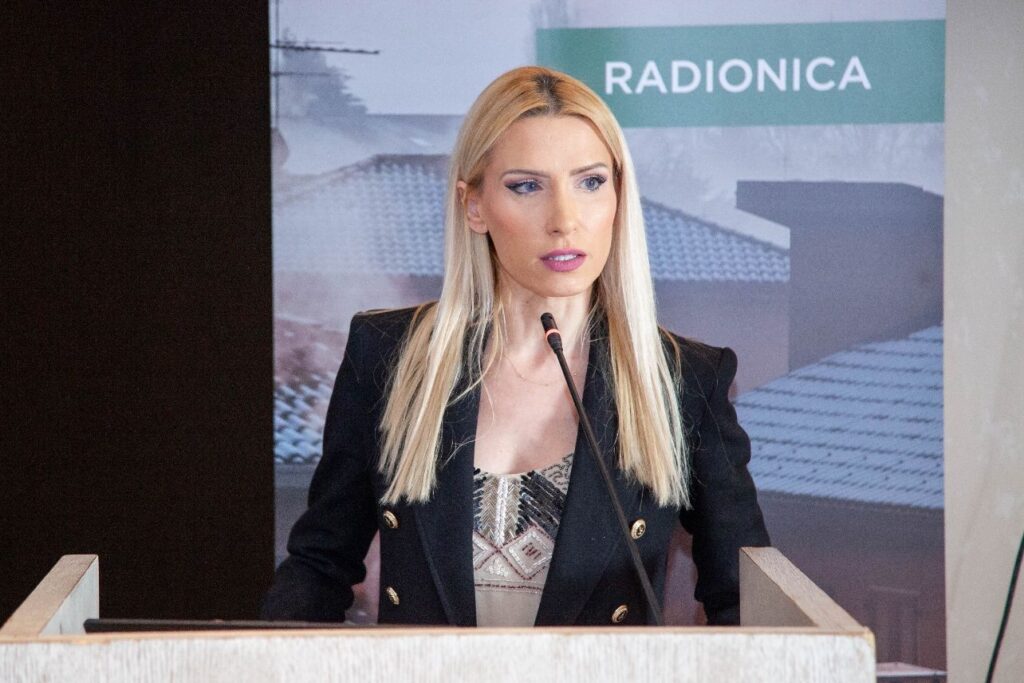
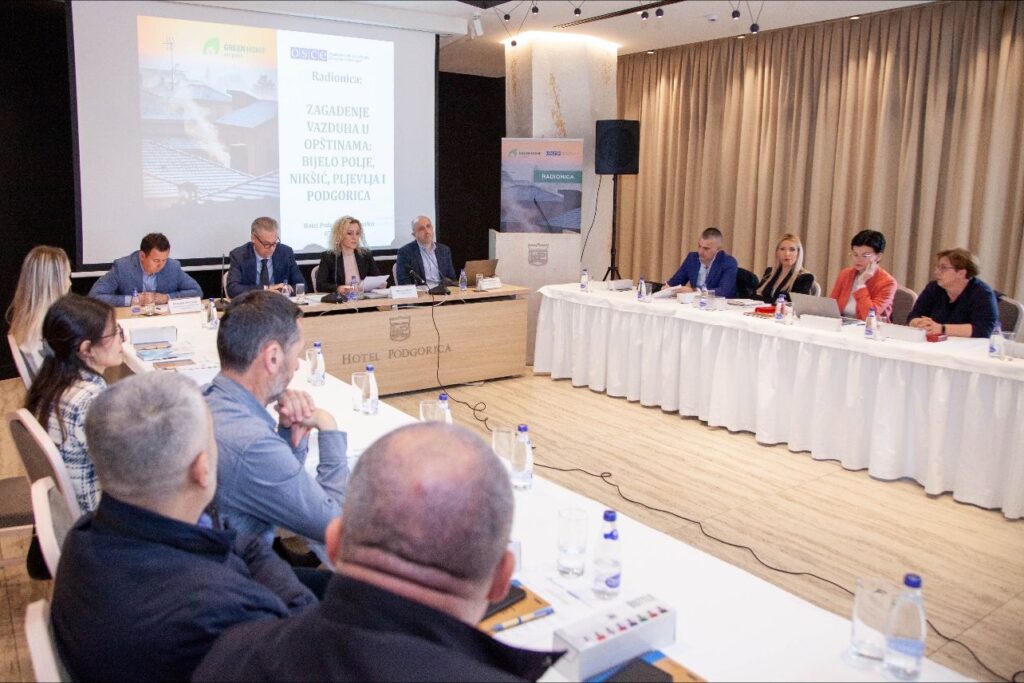
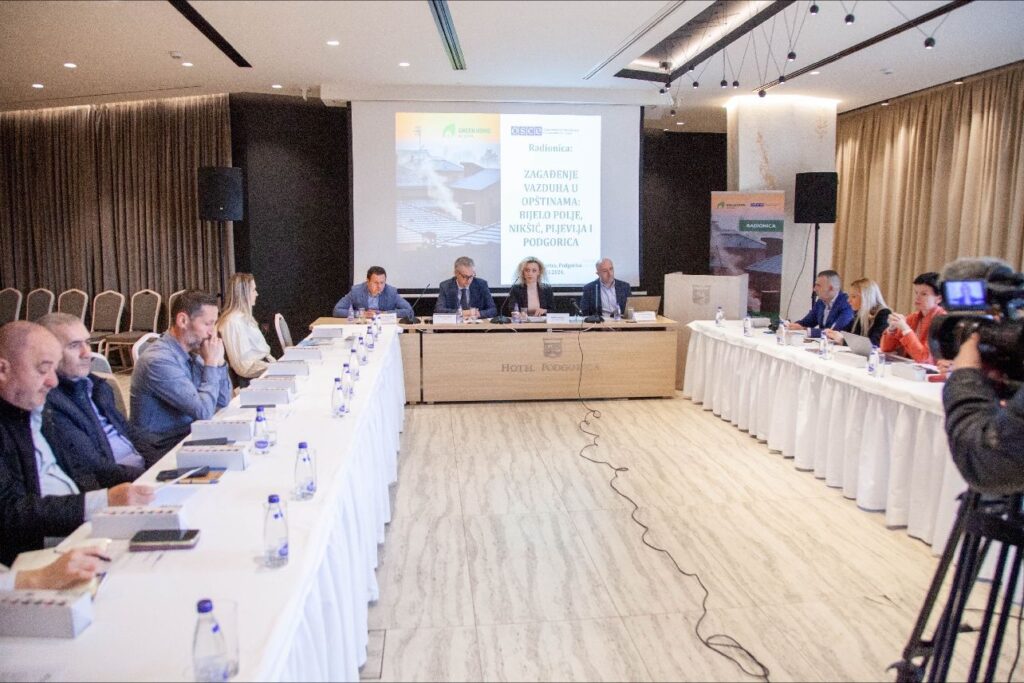
Youth for Sustainable and Circular Textiles
❗️ Check out the fourth educational video clip created as part of the project “Youth for Sustainable and Circular Textiles” 👧🏼, where young people 🧒🏻 from Montenegro 🇲🇪 learn about the impact of textile waste on climate change 💨🔥☄️
🟡 The project “Youth for Sustainable and Circular Textiles” is supported within the Regional Program on Local Democracy in the Western Balkans 2 – ReLOaD2, funded by the European Union 🇪🇺 and implemented by UNDP.
⬇️⬇️⬇️
World Water Day
🌍 Clean water is the lifeblood of existence. Water is an essential resource for people and nature, regulating the climate, and is crucial for agriculture and energy production. Water faces many pressures, including pollution from industrial chemicals, pesticides, nutrients, and pharmaceuticals, as well as climate change.
💧Recognizing that “water is not a commodity like any other but rather a heritage which must be protected, defended, and treated as such,” water quality policy in the EU is the most extensively regulated issue of EU environmental legislation. The implementation of EU water quality standards for EU candidate countries should ensure the achievement of the following objectives:
✔️Ensuring water supply safety for drinking and other economic uses,
✔️Clean water for bathing,
✔️Quality and quantity of water resources sufficient to maintain a “good status” and functioning of the aquatic environment, as well as to meet the needs of wetlands and terrestrial ecosystems and water habitats,
✔️Protection and preservation of the marine environment,
✔️Prevention or reduction of the negative impacts of floods and minimization of the impacts of droughts.
🌊 In the context of the theme of World Water Day 2024 on the need for collective efforts to balance needs so that no one is left behind and water becomes a catalyst for a more peaceful world, I recall the words of Nobel laureate Henry Kissinger: “He who controls the oil controls the states. He who controls food controls people. He who controls drinking water controls life.” In other words, every euro invested in improving the quality and abundance of water leads to invaluable health and environmental benefits, restoration of freshwater ecosystems and river functions, as well as significant reduction of flood risks and material damages, and economic and social benefits.
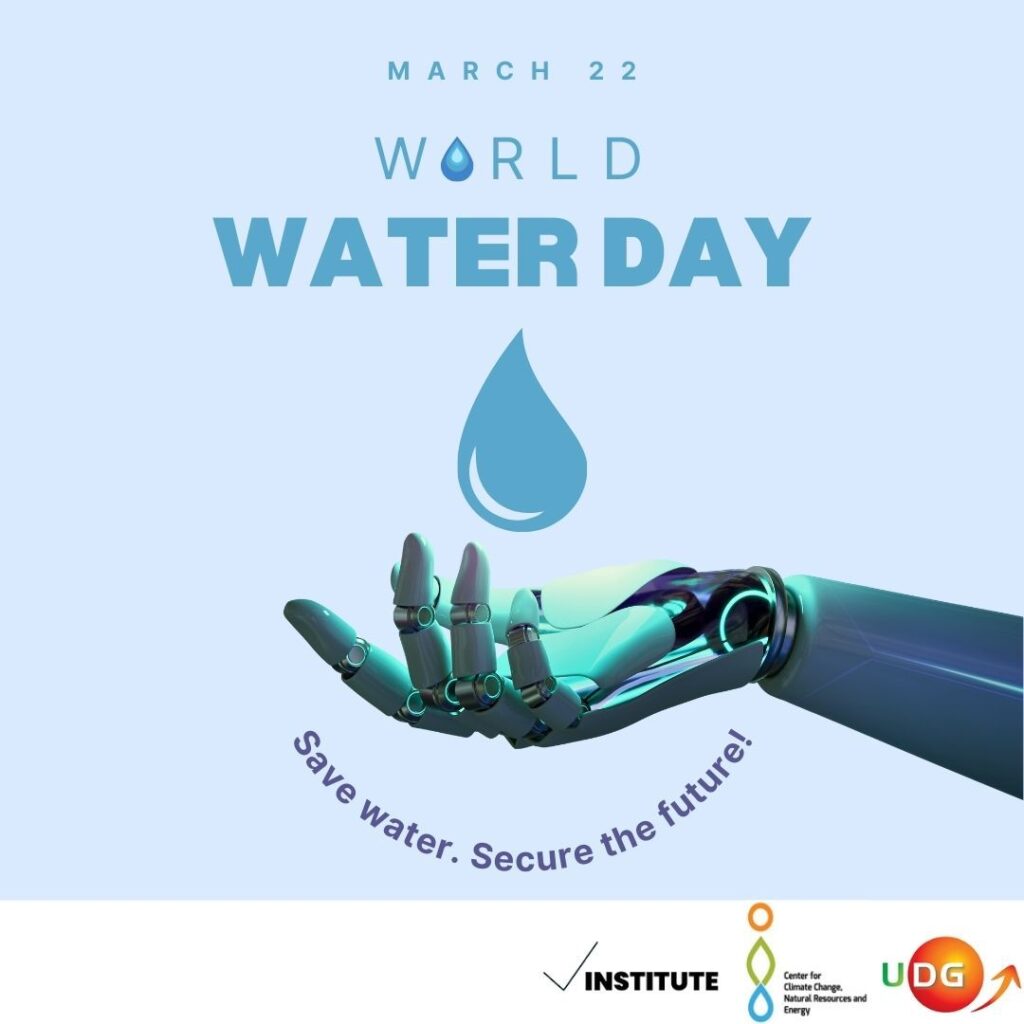
Sustainable Energy and Economic Development: How Renewable Energy Contributes?
🟢 Dr. Ivana Vojinović, Director of the Center for Climate Change at UDG, spoke at the Panel “Sustainable Energy and Economic Development: How Renewable Energy Contributes?” held as part of the campaign “Let’s Drive Clean Energy” ⚡️🌞💨 organized by the European House in collaboration with the Association of Youth Step with Science on behalf of the Delegation of the European Union in Montenegro.
🔸 “The whole world is awaiting a global energy transformation, and Montenegro must follow global trends to avoid being trapped in conventional energy sources,” stated Ivana Vojinović, Director of the Center for Climate Change at UDG.
🔸 Bojan Đordan, Executive Manager of the Production Functional Unit at EPCG, mentioned that science has recognized the human factor as the main cause of climate change, and we need to figure out how to deal with it.
🔸 Aleksandra Kiković, Team Leader for Green and Inclusive Growth at UNDP, said that green energy brings green jobs, and we need to prepare the economy and the local community to generate business and life opportunities that will not depend on coal.
